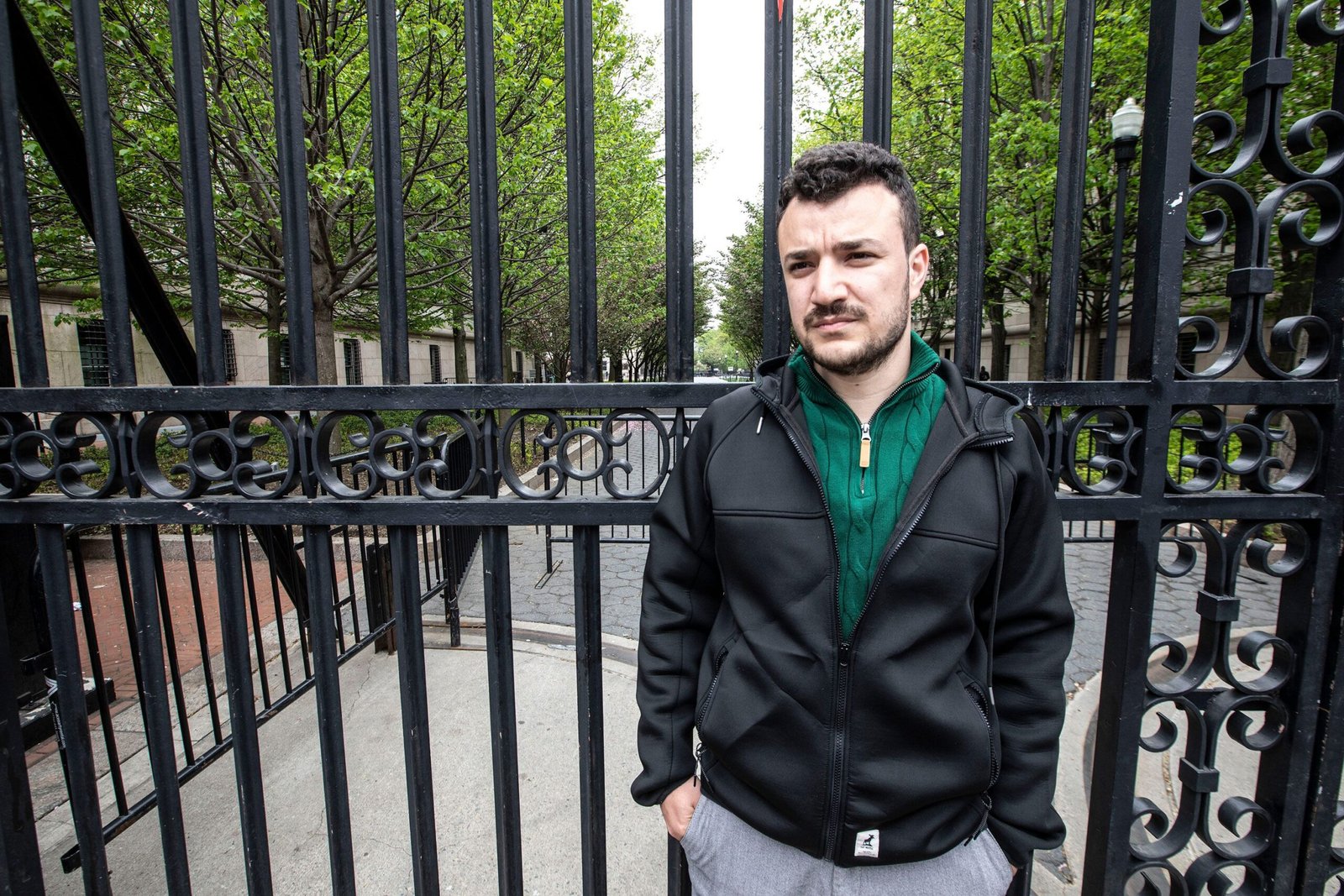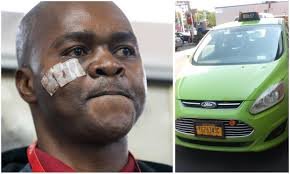Newark, NJ – The legal fight over the detention of Columbia University graduate student Mahmoud Khalil is set to retain in Newark federal court on Friday, as lawyers for the Justice Department and Khalil’s defense crew debate where his petition for release need to be heard.
Khalil, a green card holder, was arrested by a federal immigration agent on March 8 as a part of the Trump administration’s ongoing efforts to crack down on what it has categorized as antisemitic and “anti-American” campus protests. The Columbia scholar, who previously served as a spokesperson and negotiator for pro-Palestinian demonstrators opposing Israel’s army actions in Gaza, has given that been detained with out formal expenses.
The key issue at Friday’s hearing to revolves around jurisdiction. A federal judge in New York, wherein Khalil became first of all arrested, transferred the case to New Jersey, wherein he become finally detained. However, Justice Department lawyers are seek in to move the case to Louisiana, wherein Khalil is currently being held. Khalil’s legal crew, meanwhile, is pushing for the case to remain in New Jersey, closer to his wife, who’s nearing childbirth.
Legal and Political Implications
The case has drawn national attention, because it raises important questions on immigration policy, free speech, and the extant of executive power in detaining people with out expenses. Khalil, who was born in Syria to a Palestinian own family, has denounced his detention as a reflection image of “anti-Palestinian racism” within the U.S.
He is considered one of at least six international students who have been detained in recent weeks due to their support for Palestinians. None of the scholars had been formally charged with any crimes, but the management has argued that their presence in the U.S. Undermines American foreign policy. As a result, their students status has been revoked.
Attorneys for the detained students argue that the administration is punishing them for carrying out lawful activism and protest. Khalil’s legal team is expected to emphasize this point in court , arguing that his detention is a contravention of his constitutional rights.
Upcoming Immigration Hearing
In addition to the jurisdictional hearing, Khalil is likewise scheduled to seem before an immigration judge on April 8 for a removal proceeding. His case should set a precedent for a way similar cases involving international college students engaged in political activism are handled in the future.
Legal experts say the Justice Department’s push to relocate the case to Louisiana can be a strategic move to make legal proceeding more difficult for Khalil’s defense team. Louisiana courts were acknowledged for rulings which are extra favorable to authorities immigration guidelines. Keeping the case in New Jersey, on the other side, might allows Khalil to be near to counsel and family, specially as his spouse prepares to give birth.
Broader Context and Concerns
Khalil’s detention is a part of a broader crackdown by using the administration on campus activism associated with the Israeli-Palestinian warfare. Over the beyond several months, protests and demonstrations in help of Palestinians have multiplied throughout U.S. Universities, main to heightened tensions and political scrutiny.
The administration has defended its movements, arguing that certain form of campus activism cross a line into promoting hate speech or determine national security. Critics, but, claim that the authorities is selectively targeting pro-Palestinian voices whilst allowing other forms of political protest to continue unchallenged.
Next Steps
As the courtroom proceeding unfold, the outcome of Friday’s hearing will determine wherein Khalil’s petition for release is ultimately decided. If the court regulations in want of the Justice Department’s request to transport the case to Louisiana, it could gift extra felony hurdles for Khalil’s protection team. If the case remains in New Jersey, it can allow for more accessible and potential fairer hearing process.
For now, Khalil remains in detention, looking forward to each the jurisdictional ruling and his immigration listening to subsequent month. His case has become a focal point in the ongoing debate over immigration enforcement and free speech inside the U.S., with advocacy organizations intently looking how the prison conflict unfolds.
With Khalil’s destiny in the country placing in the balance, his supporters keep to call for his launch, arguing that his detention represents a troubling precedent for international students and activists exercising their right to protest.




